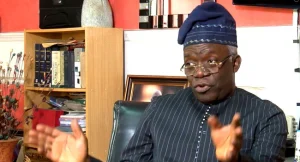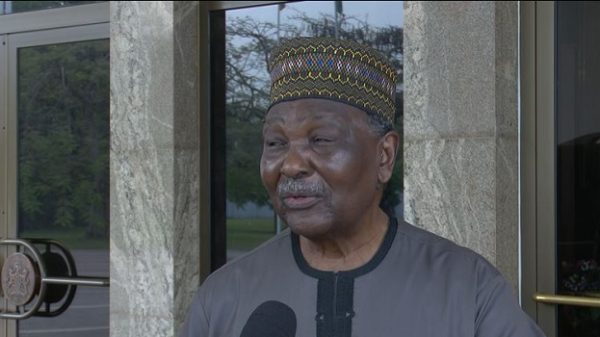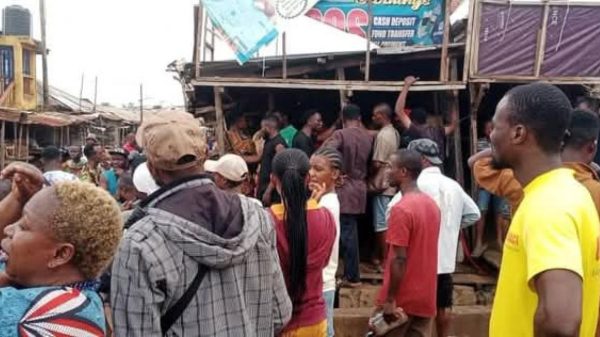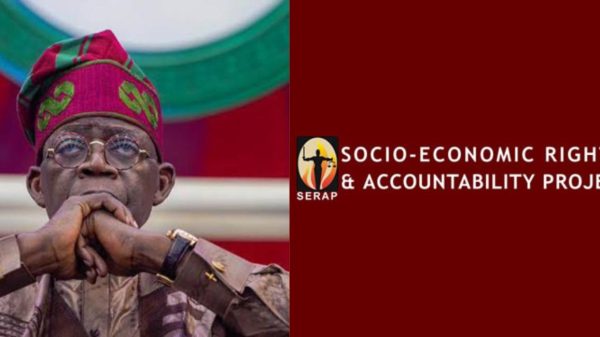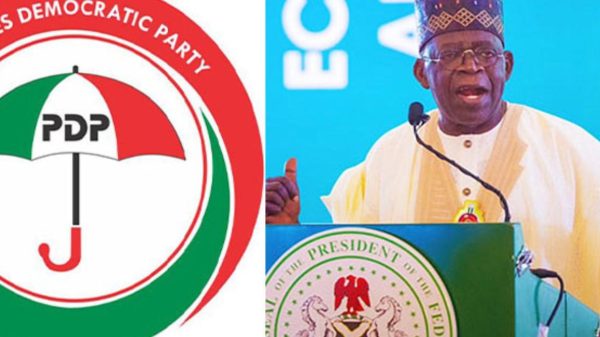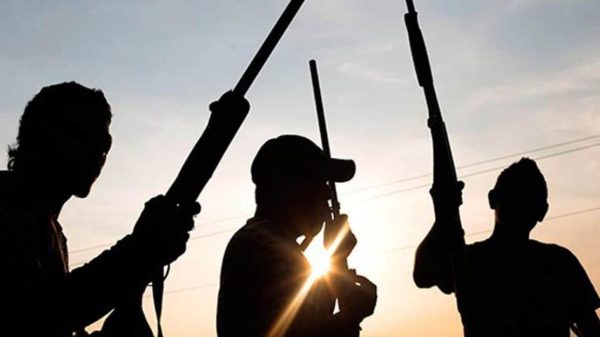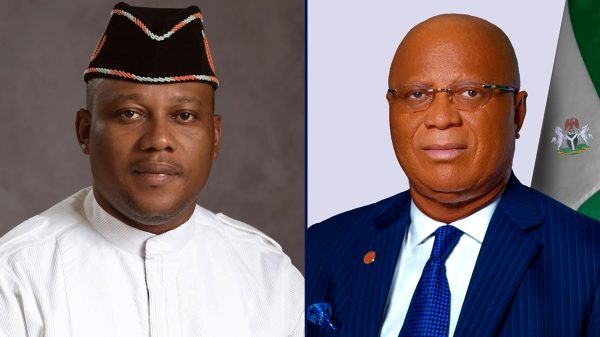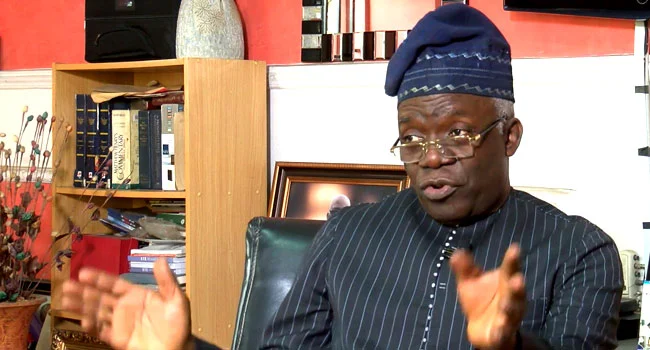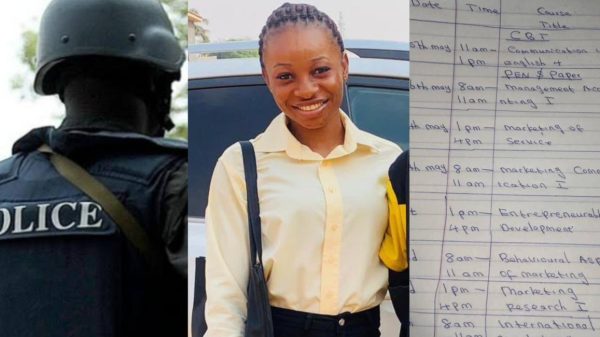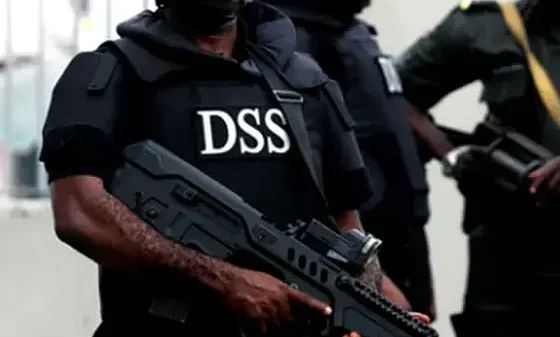Lagos, Nigeria – Renowned human rights lawyer, Femi Falana (SAN), has announced plans to sue former Nigerian military president, General Ibrahim Babangida (rtd), for his arrest and prosecution during the aftermath of the June 12, 1993, presidential election annulment.
Falana’s decision follows Babangida’s recent public admission that MKO Abiola won the controversial election, which he had annulled. Babangida made this statement during the launch of his autobiography, A Journey in Service, on February 20.
In an interview with Channels Television on Tuesday, Falana recalled how Babangida’s government arrested and charged him and other pro-democracy activists, including Gani Fawehinmi and Dr. Beko Ransome-Kuti, for sedition. Their alleged crime was publishing election results that showed Abiola as the rightful winner.
“We were arrested, detained in Kuje Prison, and later charged with treasonable felony. Chief Fawehinmi, who went to court on our behalf, was also arrested and imprisoned,” Falana recounted.
He argued that since Babangida has now admitted that Abiola won, there was no legal basis for their prosecution in 1993.
“I have assembled a team of lawyers to challenge the malicious prosecution and human rights violations we suffered. When you detain someone unlawfully, you violate their right to liberty, freedom of movement, and democratic participation,” he stated.
During his book launch, Babangida expressed regret over the annulment, attributing it to “forces led by Sani Abacha,” his then-Chief of Defence Staff.
However, Falana dismissed this defense, insisting that Babangida played the leading role in manipulating the election outcome.
Falana cited international legal precedents, stating that serious human rights abuses have no statute of limitations. He referenced the case of Federation of Journalists vs. Gambia, where a court ruled that victims of political repression could seek justice years after the incident.
With his legal team now reviewing the case, Falana is determined to hold Babangida accountable for what he described as a gross abuse of power and suppression of democracy.
The June 12, 1993, presidential election is widely regarded as Nigeria’s freest and fairest election, with business mogul MKO Abiola of the Social Democratic Party (SDP) emerging as the apparent winner. However, Babangida annulled the election, triggering national protests and political unrest. The crisis eventually led to his resignation in August 1993, paving the way for a turbulent transition of power.
With Babangida’s admission now public, Falana’s lawsuit could reignite legal and political debates surrounding Nigeria’s transition from military rule to democracy. It remains to be seen whether the courts will entertain the case or dismiss it based on legal technicalities.
For now, Falana insists that justice must be served, not just for him but for all those who suffered under the military regime’s anti-democratic actions.
#